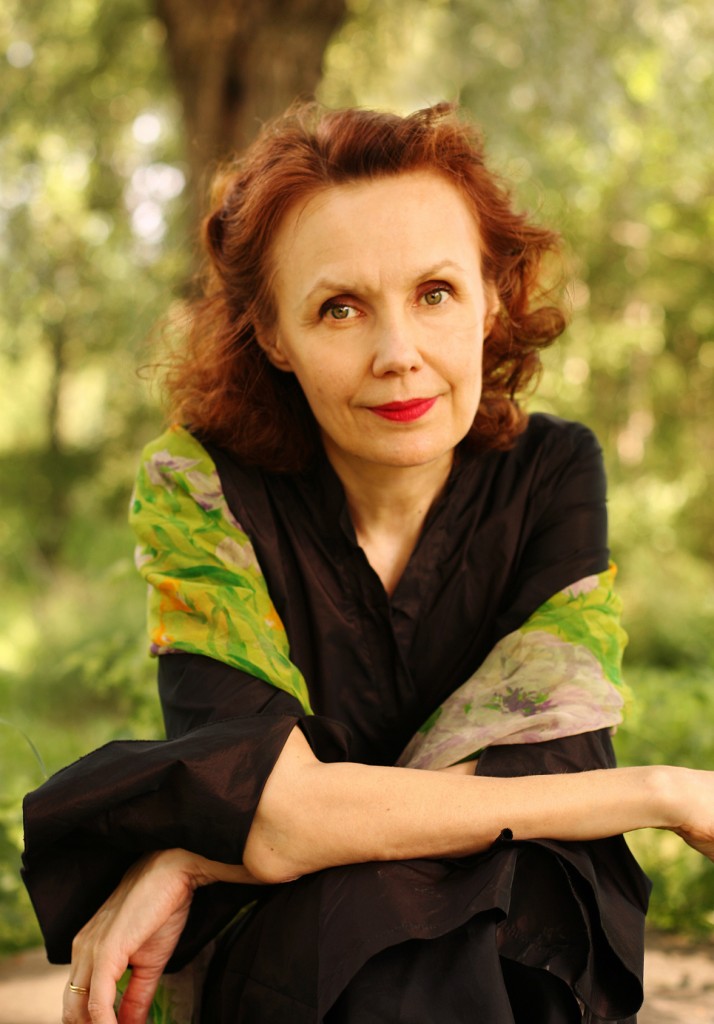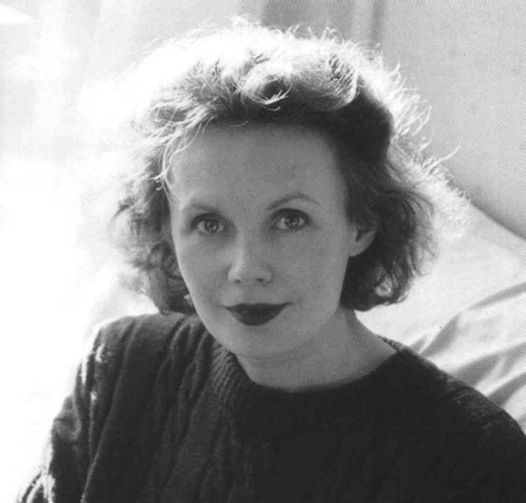Kaija Saariaho 1952-2023
Finnish composer Kaija Saariaho, a commanding and influential figure in contemporary music for more than four decades, died Friday, age 70, at her home in Paris. Her death was announced by her family and music publisher, Chester Music.
An extended statement from her family (her husband, composer and multimedia artist Jean-Baptiste Barrière, and children Aleksi and Aliisa Neige) revealed that Saariaho was diagnosed in February 2021 with glioblastoma, a type of brain cancer that the statement said was “found from the onset to be uncurable and lethal.”
Saariaho was a paragon of her time. Born in Helsinki in 1952, her music studies brought her to the Sibelius Academy, summer courses at Darmstadt, and the Hochschule für Musik Freiburg, where she followed what was at the time the standard academic training in serial composition and its derivations. She found these strictures stifling, but through Darmstadt heard the music of spectral composer Gerard Grisey and Tristan Murail. Seeing possibilities in this, she studied computer music at IRCAM (where she met her future husband) and explored the resonance and overtones of pitches. Stepping away from serialism, and aided by contemporary technology, she developed a harmonic language that supported her inherent interest in musical meaning and phrasing.
The result was a body of work that was individual, uncompromisingly contemporary and of-the-moment. Yet by seeking to communicate human experience, Saariaho’s music proved attractive to a general audience.
Her ravishing sound had a firm tonal core and extended that through the spectral concept into rich tonal and timbral coloration. Compositions such as Graal théâtre, Du cristal… (for orchestra and live electronics), and Château de l’âme (for soprano and orchestra) have a measured flow that gives space for the music to turn like a darkly hued, minor-key kaleidoscopic image with a lyrical through-line over textures that are dense yet always vibrant. Her titles often capture the evocative quality in her music, a sound world that grows organically and seems to lead to possibilities that continue even after the music has stopped.
Her opera L’amour du loin, based on troubadour romances and inspired by Messiaen’s Saint François d’Assise, premiered in 2000, and won the Grawemeyer Award for Music Composition in 2003. The Metropolitan Opera staged it in 2016, their first production from a woman composer since 1903, with Susanna Mälkki conducting.
The sensuality of her music was fundamental and something she connected to her own personal experiences. She described what she felt was her synesthesia to musicologist Pirkko Moisala, saying “… the visual and the musical world are one to me … Different senses, shades of colour, or textures and tones of light, even fragrances and sounds blend in my mind.”
An exquisite example of this is her flute concerto, Aile du songe, which though based on the poetry of Saint-John Perse on birds, is instrumental music. (A recording on Naïve Montaigne includes reading of the poetry.) Heard recently at Carnegie Hall from conductor Mälkki, the Helsinki Philharmonic Orchestra and flutist Claire Chase, the music seems to manifest itself out of basic breathing with sound that carries its own liminal state with it. Though there is no bird song in it, the bright and delicate flute lines swoop and chatter in an oneiric recreation of the experience of listening to birds.
That quality of things being reimagined and given life through sound was basic not just to Saariaho’s method, going back to IRCAM, but her appeal to the listener. Her music always carries a sense that it is saying something, especially as it is always growing and moving from one thing to another. This organicism, sensual color, and expressive depth was compelling to audiences and other musicians, and her influence can be heard through the likes of Anna Thorvaldsdottir, Nina C. Young, and others.
Despite suffering from severe physical limitations during her illness, Saariaho continued to produce new music and shepherd productions, including the 2021 premiere of her most recent opera, Innocence, which has been described as a “modern masterpiece … a truly great opera for our troubled times”—whch will appear at the Metropolitan Opera during the 2025-26 season. She also completed a trumpet concerto, HUSH, set for a world premiere August 24 with soloist Verneri Pohjola and the Finnish Radio Symphony Orchestra, conducted by Mälkki.
Saariaho continued to teach and lead the jury for a composition competition for the new organ she helped fund at the Helsinki Music Centre.

